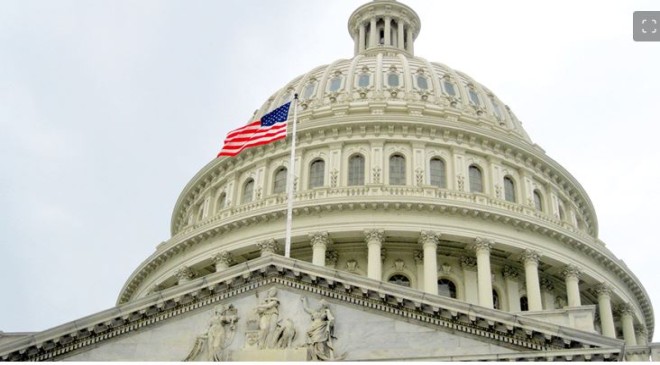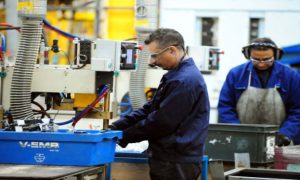New bills have been introduced to help ensure equitable access to Small Business Administration (SBA) lending programs for employee-owned small businesses.
New Bill Would Expand Access to SBA Loan Programs for Some Small Businesses
The bills were introduced by House Small Business Committee Chairwoman Nydia M. Velázquez, and Subcommittee on Oversight, Investigations, and Regulations Chairman Dean Phillips. They follow the Main Street Ownership Act of 2018, which was also introduced by Chairwoman Velázquez and included provisions to ease burdensome guarantee restrictions and help retiring business owners convert to an employee-owned model.
Employee-Owned Business Boost
In the past, employee-owned businesses have often struggled to gain access to financing through SBA programs. SBA’s flagship 7(a) loan program, for example, requires a personal guarantee from someone owning a 20% share or more of the business. This has been prohibitive for many employee-owned firms, and these bills seek to further address the issue.
Chairwoman Velázquez and Congressman Phillips hope the new bills will provide a boost to employee-owned companies, which enable employees to benefit when revenue and profits grow.
Removing Unfair Exclusion
Chairwoman Velázquez explained: “Employee-owned businesses have a proven track record of aligning the interests of workers and owners. Often, when a business embraces employee-ownership wages rise, the local economy gets a boost, and job security increases. These businesses deliver a range of benefits to their workers and communities and they must have ample and equal access to SBA programs. The bills introduced today will help lower barriers to accessing capital and ensure that employee-owned businesses aren’t unfairly excluded from critical programs.”
Congressman Phillips added: “Propelling employee ownership will help sustain an economy that protects local jobs and builds resilient small businesses.”
SBA Engages Employee Ownership
The ‘Improving SBA Engagement on Employee Ownership Act’ is the new bill that aims to improve the SBA’s outreach and engagement on employee ownership and cooperative development. It will achieve this by including SBIC limited partners and sponsors of SBIC funds in the outreach and education requirement of the Main Street Act.
The SBA must also start attending all working groups or other engagements hosted by other federal entities with respect to employee ownership or cooperatives.







































